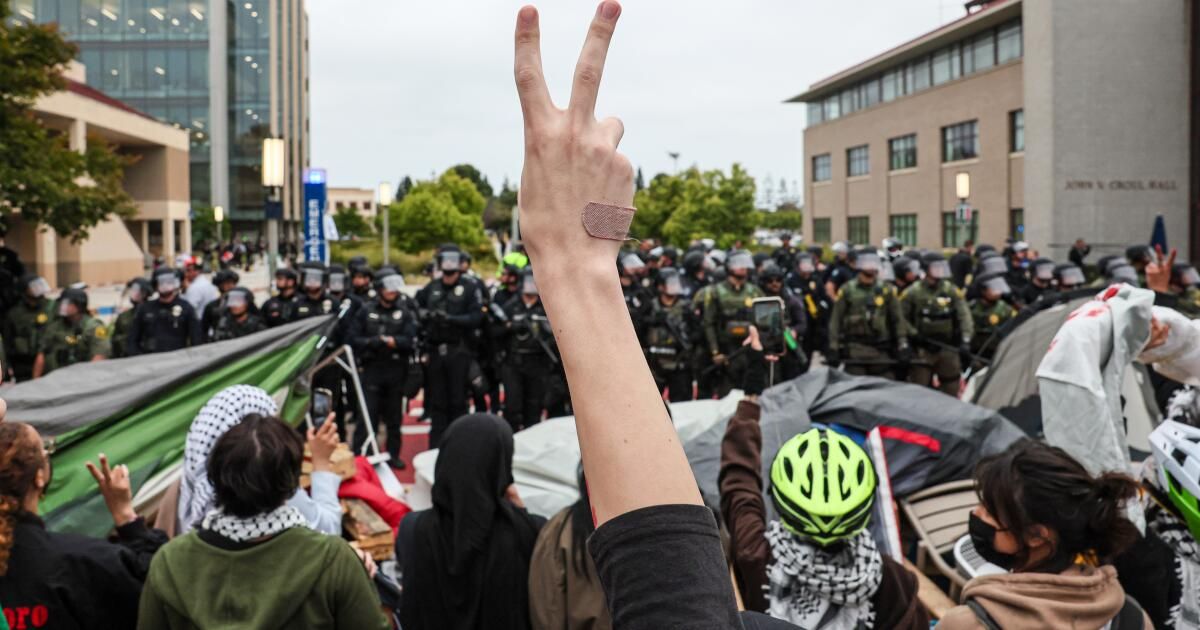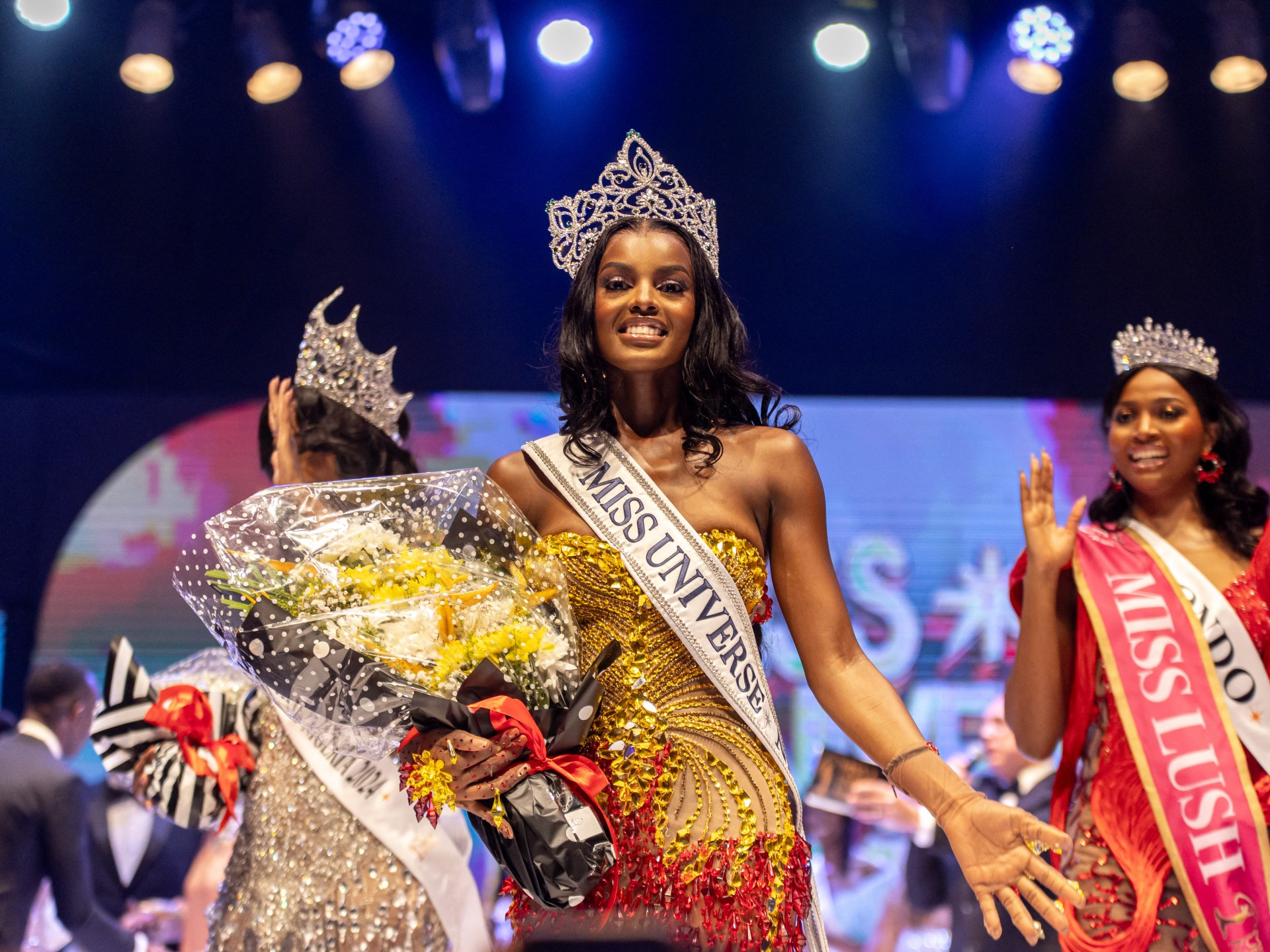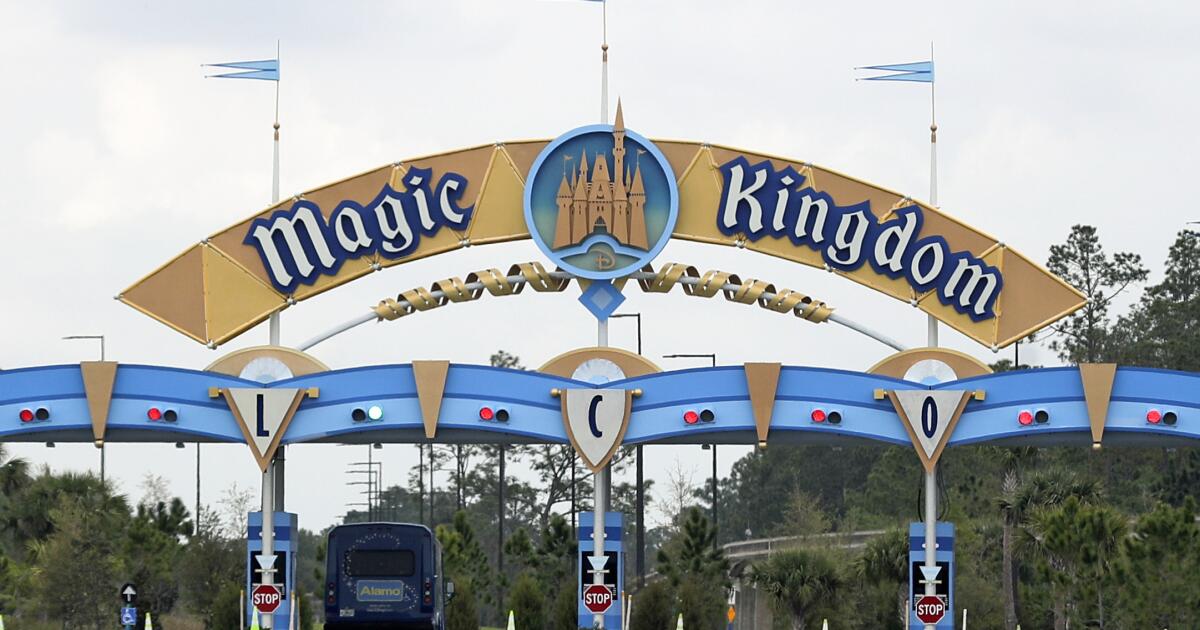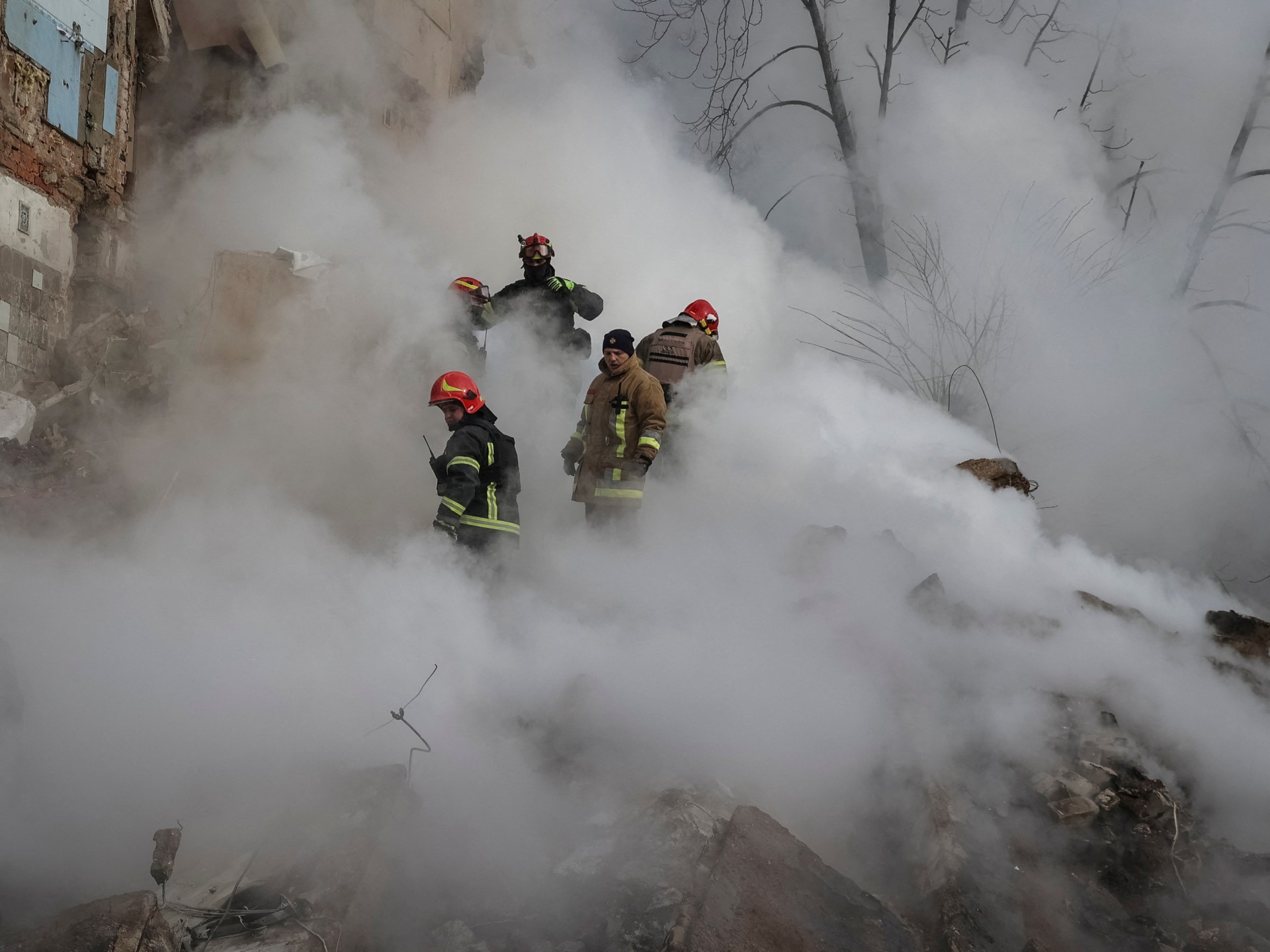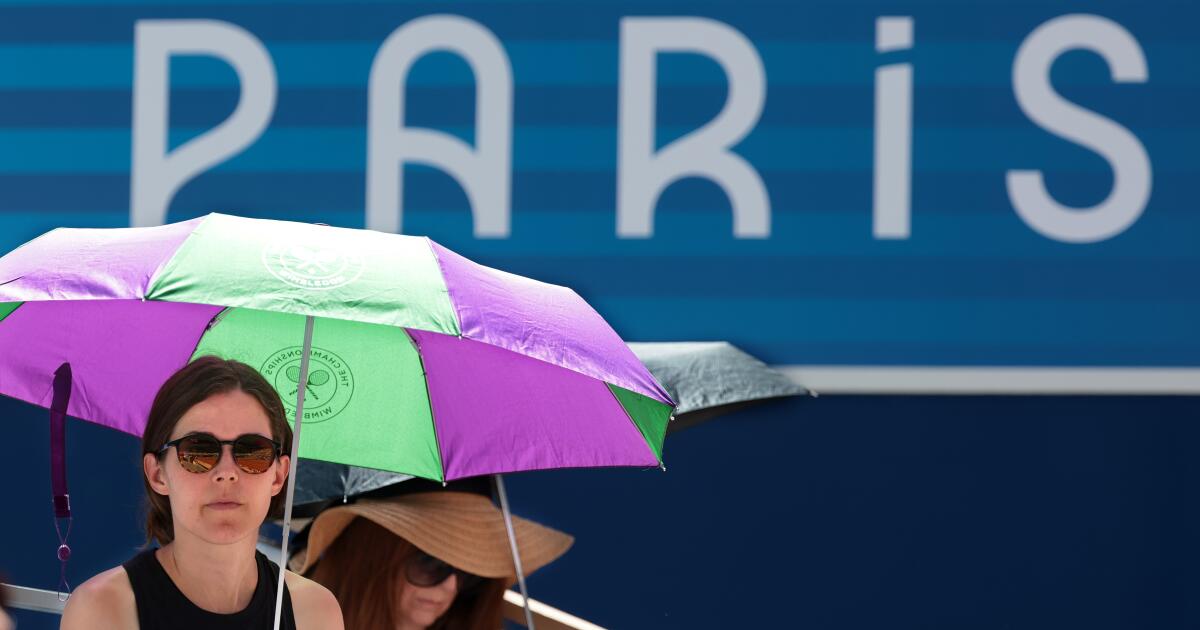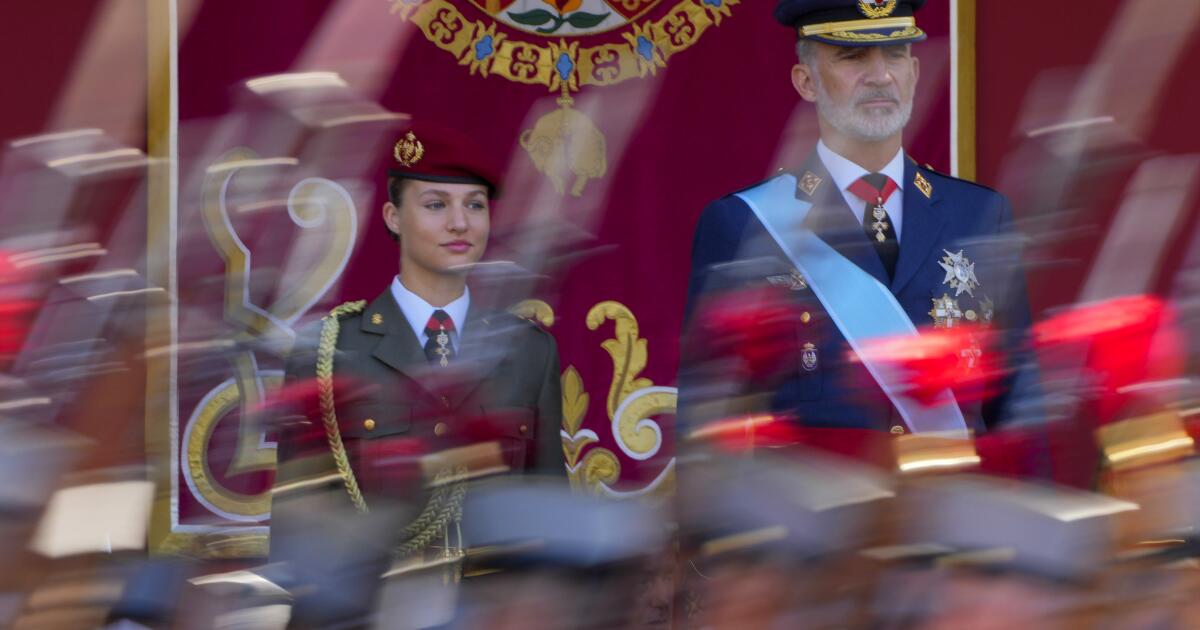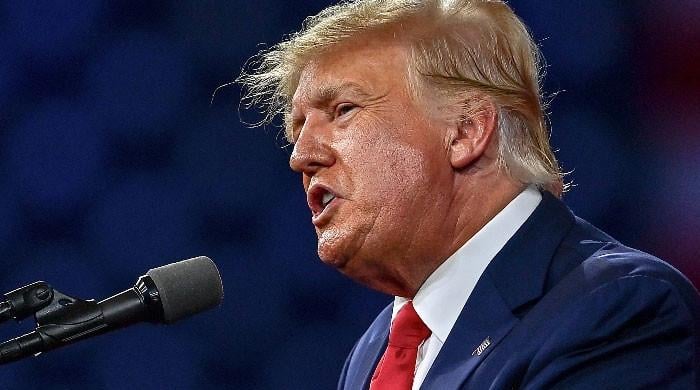He carries a small pocket square with a black-and-white checked kufiya pattern in the breast pocket of his jacket. His hair is greyer than when we last met more than a decade ago.
Mustafa Barghouti, The West Bank-based cardiologist and reluctant politician has long been regarded as one of the region's most intelligent and moderate Palestinian leaders, with a laid-back but principled demeanor toward friends and foes alike.
Barghouti, 70, heads the Palestinian National Initiative political faction, which sees itself as a democratic alternative to the extremist Hamas as well as the Palestinian Authority, which has long provided some measure of administration in the Israeli-occupied West Bank.
In the middle of the The war between Israel and Hamas continues — triggered by the Hamas attacks of October 7 that Killed 1,200 Israelis and an Israeli counteroffensive that has killed more than 39,000 Palestinians, Barghouti has been pressing the Americans to intervene.
The United States, he says, now plays an even more important role in the conflict because it has become… home to one of the largest Palestinian populations Outside the Middle East, he was in Washington last month to seek support for the Palestinians and aid for Gaza, including visits with Democratic and independent lawmakers in Congress and activist groups here and in San Francisco.
He spoke to The Times about the conflict. Some of the questions here are paraphrased.
In your meetings with legislators, what is your message?
The United States is neck-deep in the Middle East.
I thought they had a strategy: that we should calm down the Middle East. They had false hopes about normalization. [between Israel and other Arab states]The impact of what is happening in Palestine is going to be very serious for the reputation of the United States in the Arab countries, for a long time, and not only in the Arab countries but throughout the world.
So what is needed now?
Cut off weapons immediately. All weapons. [Israeli Prime Minister Benjamin] Netanyahu will not be able to survive without the Americans and could drag the United States into a very serious confrontation with Iran. … The United States is also giving him cover in the [United Nations] Security Council.
[We also want] Massive pressure on Israel to support [steps] for ceasefire, negotiation and completion Occupation of Gaza and also to stop what Israel is doing in the West Bank [by expanding illegal settlements while settlers attack Palestinian villagers.]
In the past, Israel has largely controlled the narrative. In this conflict, the Palestinian story has played a more important role. Aside from the scale of death and destruction in Gaza, what do you think is the reason for this?
One of the good signs is that for the first time, perhaps since the Vietnam War, there has been a huge movement of support for Palestine on campuses. All over the world, the Gaza war opened the door for the Palestinian cause to become the number one cause of justice around the world.
That's why it had a very important impact, for example, on the elections in France, … an impact in Spain, in Ireland, and now it's having an impact here. … It's important that people recognise that this will be the cause of the future.
Are Palestinians better organized?
Partly because we are better organized. Partly because the truth is very clear. And thirdly, most importantly, we have social media.
In the past, it was only the traditional media that did it, and they did not show everything. They were mostly biased towards the Israeli side and they still are, but social media breaks the taboo.
[Another] The factor is the second and third generation Palestinians, who are young, [descended from parents and grandparents displaced in 1948]especially young women, who know the system, who speak the language and who are not afraid to speak their mind.
And many of those second and third generations are in the United States?
It appears that in the United States we have the third largest Palestinian population in the world, after Palestine and Jordan. (Note: precise estimates of the Palestinian diaspora are difficult to determine and vary.)
Today, Palestinian voices in the United States are much louder than at any other time. The Palestinian diaspora has become active again. Although it was marginalized for 30 years, what can be seen is a revitalization of the Palestinian issue.
Across the world, a new generation is being revitalized and re-energized. And their commitment to the Palestinian issue is better than that of our generation.
You have criticized President Biden and former President Trump when it comes to Middle East policy. Do you see any differences in Vice President Kamala Harris?
Their language on Palestinian suffering is much better, but we need to see changes in policy, not just words.
What was your reaction to the 7 October attacks carried out by Hamas?
The most important thing to remember is that this conflict did not start on October 7. The longest occupation in history, a system of apartheid and Netanyahu's efforts to eliminate the Palestinian issue. [from public discourse].
It was a tragedy that so many Israelis died. [on Oct. 7]but the real tragedy is that they have Netanyahu as their leaderHe doesn't care.

